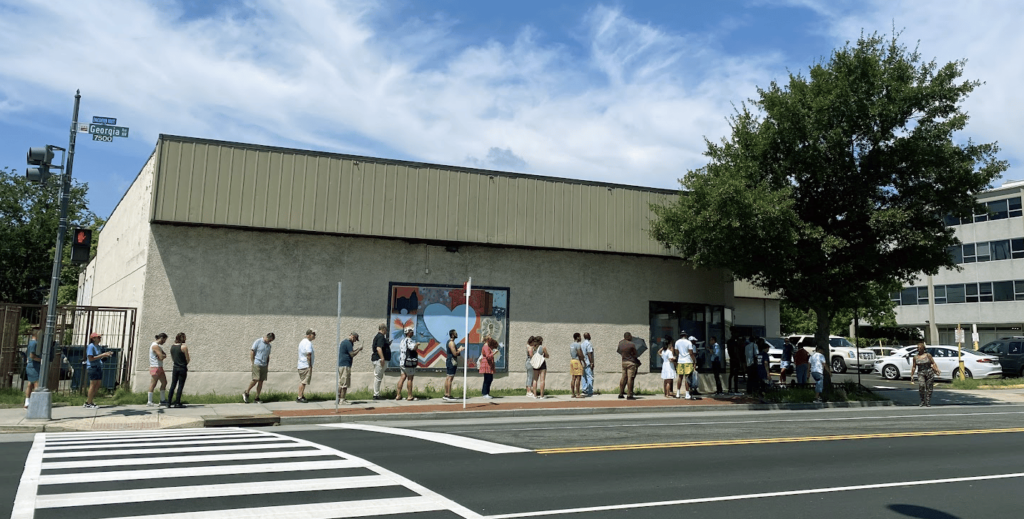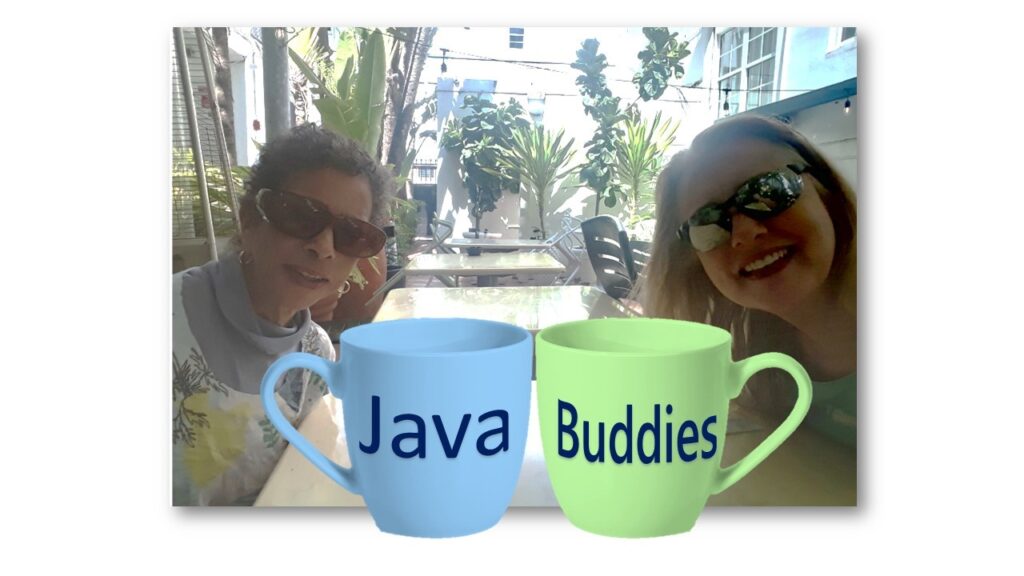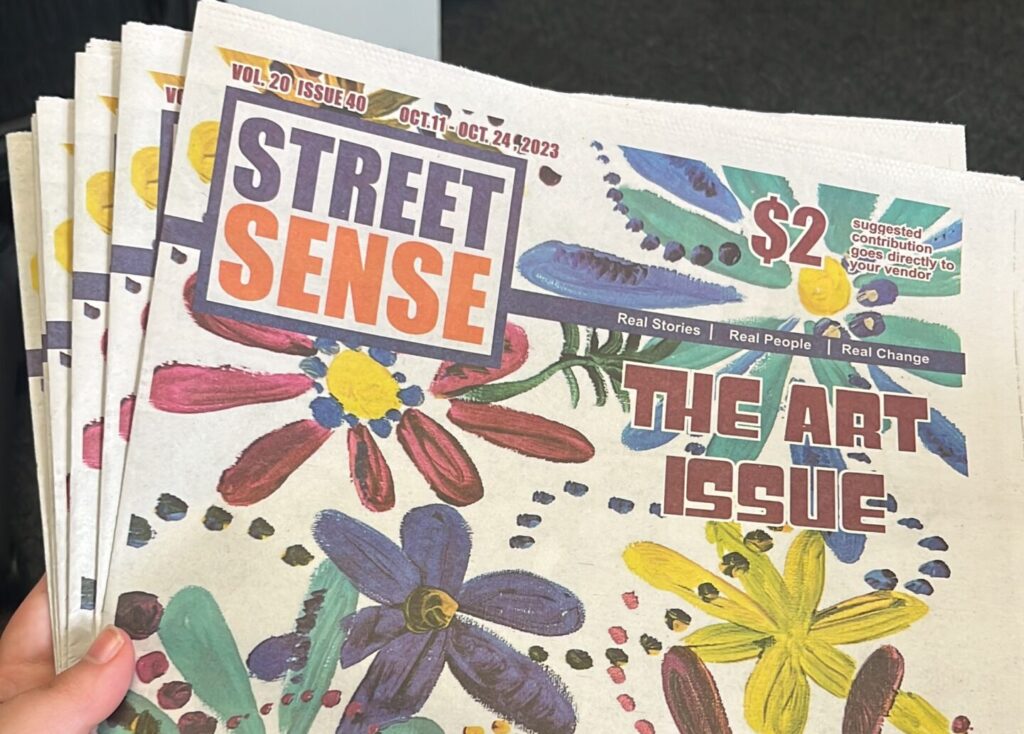Monkeypox is a growing concern in shelters, as at least two cases have been reported in people experiencing homelessness, according to D.C. Health officials, which was first reported by FOX5.
Monkeypox is a viral illness that can be transmitted by close contact through touch, bodily fluid or lesions. Symptoms include fever, headache, fatigue, rashes and lesions with symptoms lasting up to four weeks. The CDC recommends that anyone who tests positive for monkeypox quarantine and isolate for the duration of their illness.
When it comes to the COVID-19 pandemic, people experiencing homelessness are considered a vulnerable group due to limited access to health care and social service resources. To slow the spread of COVID-19, D.C. health officials distributed vaccines in shelters and Pandemic Emergency Program for Medically Vulnerable Individuals, or PEP-V, early last February. D.C. Health officials have not yet released its plans to distribute monkeypox vaccines in shelters.
People experiencing homelessness who may have contracted monkeypox and cannot stay at a congregate shelter can call the Isolation and Quarantine Hotline at 202-671-3076. Providers will arrange for clients to stay at a city-designated isolation site.
D.C. Health plans to attend shelter town hall meetings as well as train COVID-19 peer educators on monkeypox prevention according to a presentation shared by the Department of Human Services at a D.C. Interagency Council on Homelessness meeting on Aug. 9.
DC’s response to the ongoing outbreak
Beginning August 5, District residents are able to receive walk-up monkeypox vaccinations at three D.C. Health clinics. Vaccines are limited, and are provided on a first-come first-serve basis every Friday from noon to 8 p.m. Each clinic will provide 300 doses of the vaccine each Friday until supply increases.
Bob Wittig had been waiting in line for nearly an hour to receive a monkeypox vaccine at a D.C. Health clinic. When Wittig had arrived, he said only five people had been in line with him. By noon, it grew to about 50 people, all of whom were determined to get a vaccine.
“I thought it was important to get it and be safe. To protect myself and other people,” Wittig said. “It was great. It was well organized and went very smoothly…If you have hesitancy it’s really easy to do.”
For the walk-up vaccination locations, clients must provide proof of D.C. residency, which can include an ID, a lease or mortgage statement or a bill, all with the client’s name and D.C. address. College students, who are not residents, are able to receive their vaccine with student ID. For people experiencing homelessness who are unable to document residency, but are looking to be vaccinated, homeless service providers can issue a letter on their behalf.

As of Aug. 23, there are about 350 cases of monkeypox in D.C. The District the city with the highest number of cases per capita in the United States. On Aug. 4, the White House officially declared monkeypox a public health emergency. This decree will open up more funding for resources such as vaccines. Public health emergencies last for 90 days, but can be extended.
The walk-up vaccines do not require an appointment. Prior to the walk-up clinic sites, vaccine appointments were only available to be scheduled online. In order to register for a monkeypox vaccination, District residents must visit preventmonkeypox.dc.gov.
As of mid-August, online vaccine registration priority has been given to residents 18 and older of all sexual orientations who have had multiple sex partners within the last two weeks, people who identify as gay or bisexual men, transgender women or nonbinary people assigned male at birth who have sex with men, sex workers and staff at establishments where sexual activity occurs such as bathhouses, saunas and sex clubs. However, even if residents don’t meet the priority requirements, registration is still encouraged. In order to complete the online registration, one must provide an address, email and phone number and answer a number of health and lifestyle questions.
According to Dr. Anil Mangla, the state epidemiologist of D.C., District health officials have been working closely with the CDC to ensure that it has an “effective system” in place.
Mangla credited Dr. Laquandra Nesbitt, the former director of the D.C. Department of Health, and Mayor Muriel Bowser for a “proactive” and “upfront” response to the growing monkeypox cases by implementing a system of optimum testing.
“When we saw the first case in Massachusetts, the (D.C.) epidemiology department was already identifying the m-pox team. We ordered vaccines already just in case,” Mangla said. “This team went through almost a trial period, in a month, in case a case came. They were all prepared, so when the first case came to D.C. everything was very efficient.”
The District has received more than 20,000 doses of Jynneos as of Aug. 10, and has administered about 15,000 doses. Jynneos is an FDA approved live virus vaccine for the prevention of monkeypox. District health officials are currently prioritizing first doses as supply is limited.
On a recent Friday, a man named Joey, who preferred not to disclose his full name, attended a vaccine pop-up.
“I am a gay man of color, and I think it’s important to get the vaccine because based on what I’ve been seeing online, I don’t want to catch it. Whatever preventative measures I can take to not catch it, that’s why I’m here,” Joey said.
Correction (08.24.2022)
A previous version of this article mistakenly attributed a presentation conducted by the Department of Human Services to another agency.








